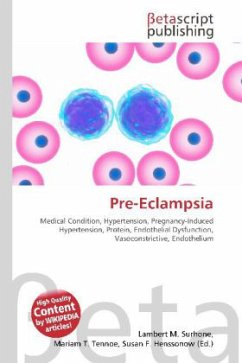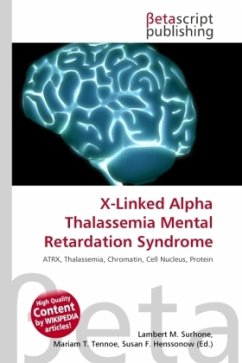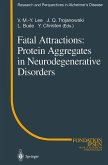Please note that the content of this book primarily consists of articles available from Wikipedia or other free sources online. Pre-eclampsia is a medical condition where hypertension arises in pregnancy (pregnancy-induced hypertension) in association with significant amounts of protein in the urine. Pre-eclampsia refers to a set of symptoms rather than any causative factor, and there are many different causes for the condition. It appears likely that there are substances from the placenta that can cause endothelial dysfunction in the maternal blood vessels of susceptible women. While blood pressure elevation is the most visible sign of the disease, it involves generalized damage to the maternal endothelium, kidneys, and liver, with the release of vasoconstrictive factors being secondary to the original damage. Pre-eclampsia may develop from 20 weeks gestation (it is considered early onset before 32 weeks, which is associated with increased morbidity). Its progress differs among patients; most cases are diagnosed pre-term. Pre-eclampsia may also occur up to six weeks post-partum.
Bitte wählen Sie Ihr Anliegen aus.
Rechnungen
Retourenschein anfordern
Bestellstatus
Storno








